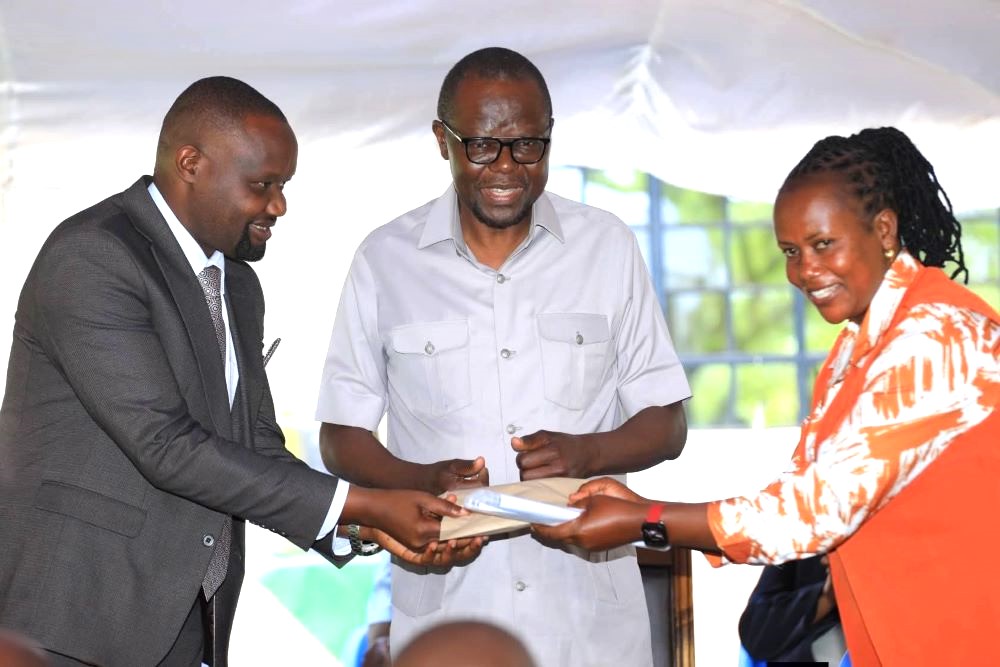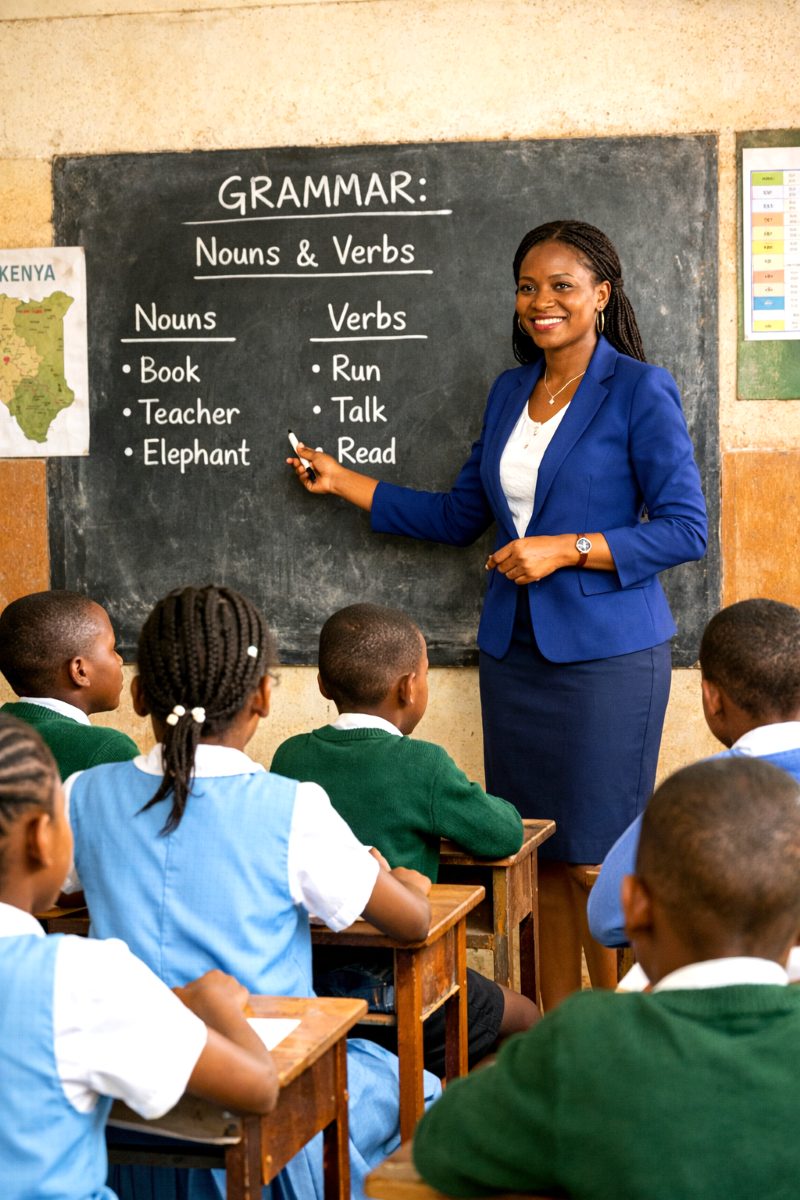The fourth Industrial Revolution is resulting in schools having to relook the way they are educating not only their students, but their parents as well. Kenyan parents have rightfully shown caution over the introduction of digital devices in classrooms.
The ADvTECH schools in Kenya, which are Crawford International School with a Cambridge-based curriculum and Makini, which offers the Competence-Based Curriculum (CBC), have noted the concern about the potential negative effects of computer use. They have taken a carefully considered route in the introduction of bringing devices to school. This takes place only when parents and children have been educated in the safe usage of such devices.
Crawford, which is one of the 23 progressive high-end schools in the Crawford group, believes in the philosophy of developing students within a triangular relationship comprising the student, the parent and the teacher. This is the cornerstone for attaining academic excellence.
Jenny Coetzee, Managing Director of Crawford International School, explains, “While the school has adopted the Cambridge curriculum, a parallel curriculum exists where students are introduced to digital literacy from as early as Kindergarten level. It is crucially important to start introducing 21st century skills, to prepare the learners of today for jobs of the future – most of which do not even exist yet.”
Recognising the importance of digital fluency, ADvTECH schools have implemented Future-Tech (GoLab) spaces in which students are able to grasp an understanding of new technologies and artificial intelligence by developing their skills in robotics, drones and other fourth Industrial Revolution technologies.
Future skills, including critical thinking, problem-solving and ICT skills as well as the ability to collaborate and communicate effectively are of crucial importance to today’s learners.
Felix Malombe, Digital Literacy educator at ADvTECH’s Crawford International School in Kenya, who took second place at the International STEAM competition in the USA last year, says the key is to integrate Science, Technology, Engineering Art and Mathematics (STEAM) education into existing curricula, using 21st century technologies.
“This will heighten the value of the learning because it will focus on the application of the skills and not only the learning of the skills themselves,” he says.

Education News is the leading newspaper on matters education
Kenya’s leading newspaper on education, widely read by teachers, students, lecturers, parents, and key education stakeholders nationwide.




